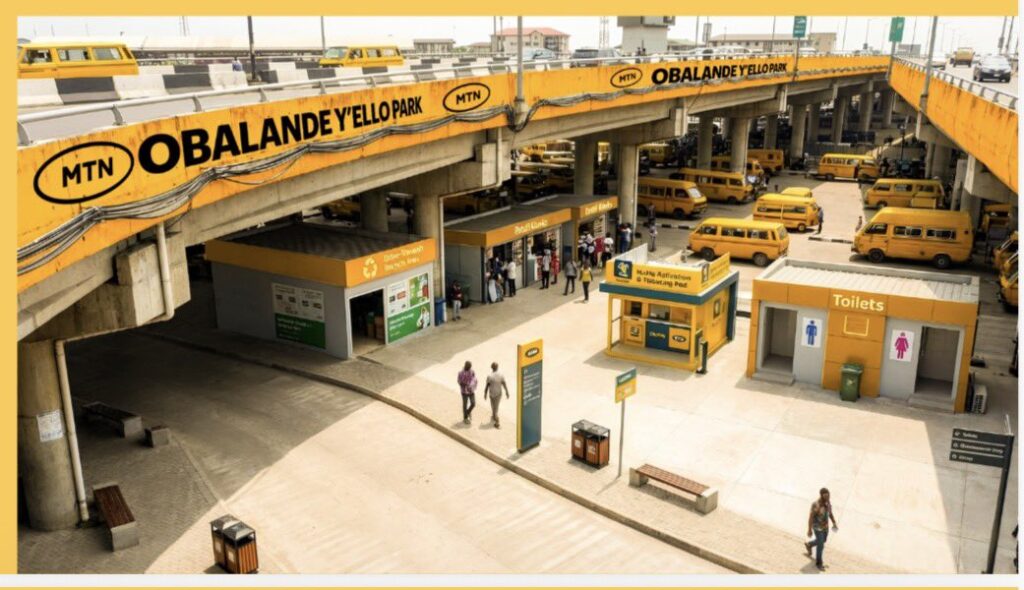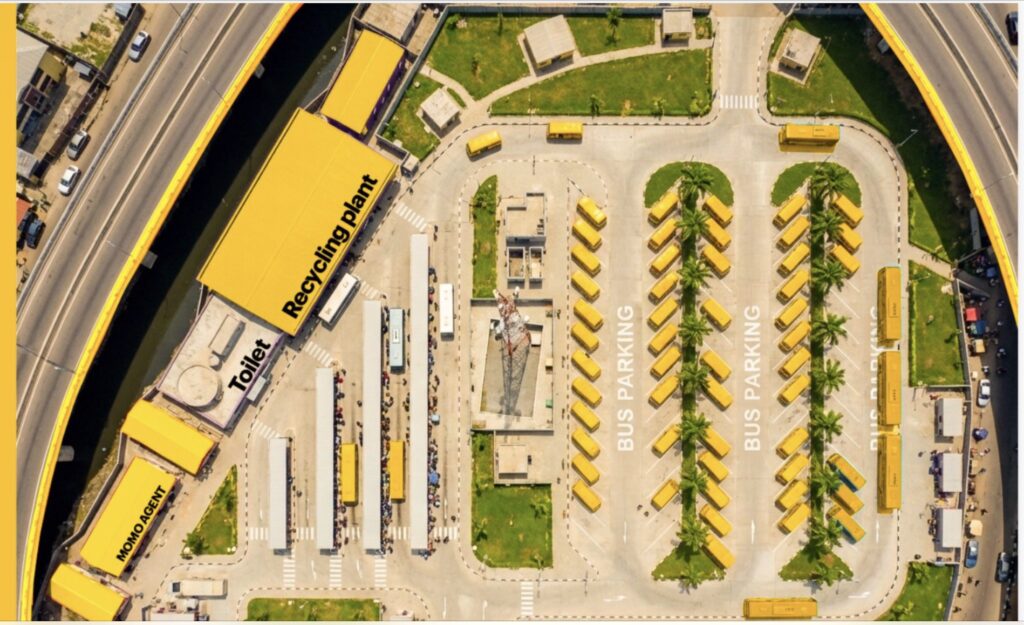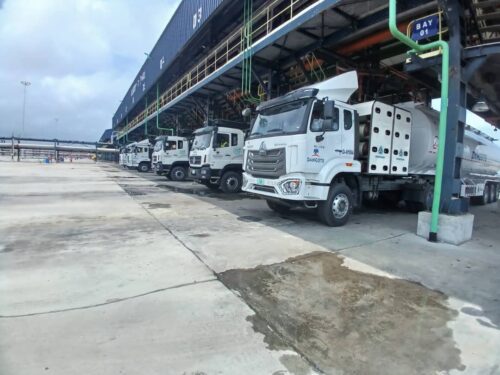The President of Dangote Group, Aliko Dangote, has urged Nigeria to cease mortgaging crude oil in order to guarantee a steady supply of feedstock for domestic refineries.
Dangote made this statement during a summit hosted by the Crude Oil Refinery Owners Association of Nigeria in Lagos. He lamented the fact that while nations like Norway are investing oil revenues in a future fund via their national wealth funds, Nigeria and other African countries are depleting their oil proceeds for current expenditures.
“To ensure sufficient feedstock availability we will need to stop mortgaging crude. It is unfortunate that while countries like Norway are putting oil proceeds into a future fund through their national wealth funds, in Africa, we are spending oil proceeds from the future today,” he stated.
Earlier reports had it that the Nigerian National Petroleum Company Limited had pledged 272,500 barrels per day of crude oil through a series of crude-for-loan deals totalling $8.86bn.
The report stated that pledging 272,500 barrels daily meant that about 8.17 million barrels of crude would be used for different loan deals by the national oil firm on a monthly basis.
This, it said, was according to an analysis of a report by the Nigeria Extractive Industries Transparency Initiative and the NNPC’s financial statements.
On Tuesday at the event, Dangote, who was represented by the Group Executive Director, Mansur Ahmed, said the country must also prioritise the implementation of the domestic crude.
“We will also need to prioritise the implementation of the domestic crude supply obligation. We will need to expand crude production capacity to support demand from the refinery,” he submitted.
He also revealed that the company built the 650,000 barrels per day capacity Dangote refinery In Lagos without any incentive from the government.
“We built the Dangote refinery without a single incentive from the government. However, to achieve the vision of turning Nigeria into a refining hub for the region, investors need to be incentivised,” he stated.
Dangote maintained that 1.8 million barrels of new refining capacity is coming on stream in the next three years in Kuwait, China, and Bahrain.
On the other hand, he said Europe is tightening environmental standards while Holland and Belgium have banned exports of low-quality petroleum products from their hubs, stressing that these low-quality products used to be destined for Africa.
Quoting a report, Dangote mentioned that several refineries across Europe and China, with a total capacity of 3.6 million barrels per day are likely to be shut down over the next couple of years.
He said, “It was recently in the news that Scotland’s only refinery will be shut down next year. Shell is converting the 7.5 million tonnes per annum refinery in Germany to a lubricating plant.
“So, the opportunities are there. Africa imports about 3 million barrels per day of petroleum products. About half of this volume is imported by countries along the coast from Senegal to South Africa.
“These same countries produce over 3.4 million barrels of crude per day, which indeed highlights the problem of the dimension of excess crude production capacity without refining capacity. The imports come from Europe, Russia, and other parts of the world.
“So to grab this opportunity, we will need to build 1.5 million barrels per day of additional refining capacity. This would not be an easy feat, and strong support from the government and cooperation between stakeholders would be essential.”
This came as the Federal Government announced that it has officially designated the Dangote refinery as the exclusive supplier of jet fuel or Jet A1 for Nigerian airline operators.
This was disclosed by the Minister of Aviation, Festus Keyamo, during an interview with Channels TV on Tuesday.
“The airline operators just met recently. With my blessing, it’s a decision from the airline operators in Nigeria that they should only buy from Dangote refinery Jet A1,” Keyamo said.
“You can see that yesterday we started the naira-for-crude purchase with Dangote. It’s all naira, no dollar component,” he added.
Keyamo further explained that sourcing jet fuel from Dangote would protect airline operators from the volatility of international oil prices, ultimately lowering their operational expenses.
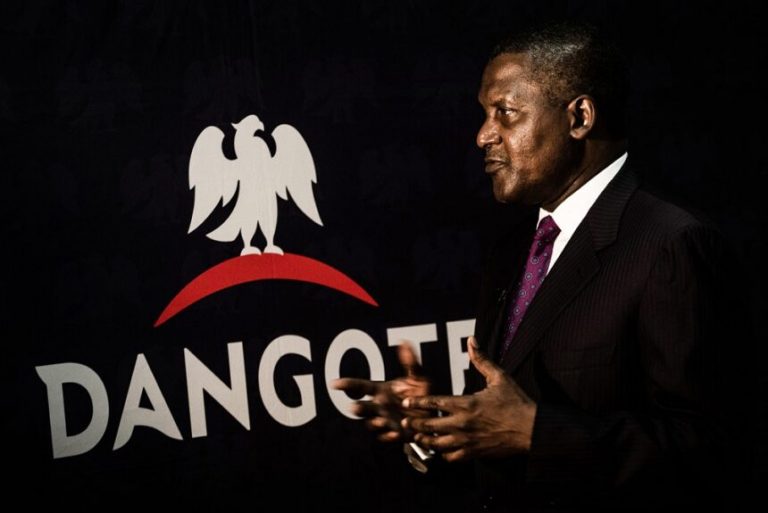

 BIG STORY1 day ago
BIG STORY1 day ago
 BIG STORY1 day ago
BIG STORY1 day ago
 BIG STORY5 days ago
BIG STORY5 days ago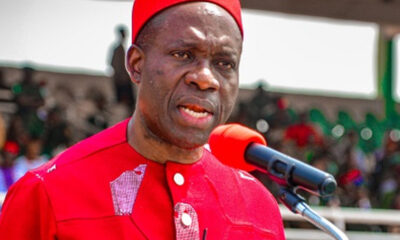
 BIG STORY2 days ago
BIG STORY2 days ago
 BIG STORY2 days ago
BIG STORY2 days ago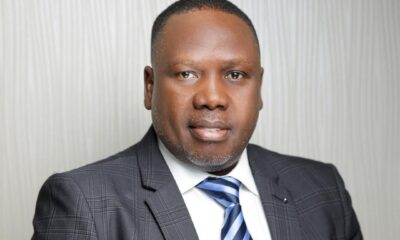
 BIG STORY5 days ago
BIG STORY5 days ago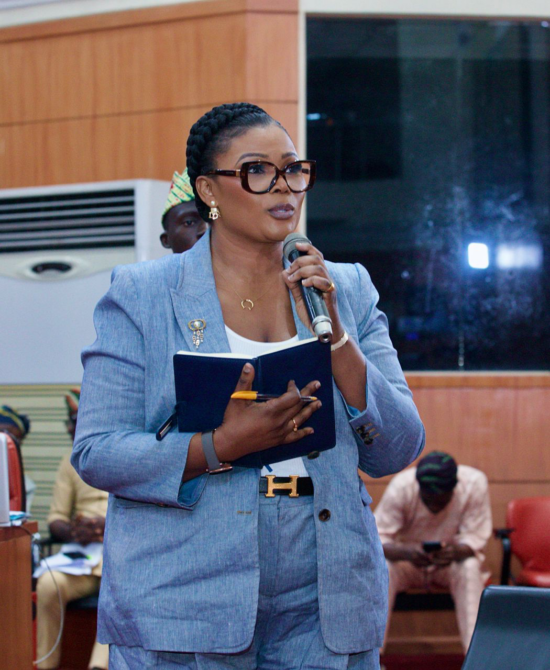
 NEWS5 days ago
NEWS5 days ago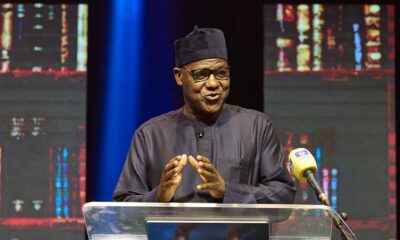
 BIG STORY2 days ago
BIG STORY2 days ago




















